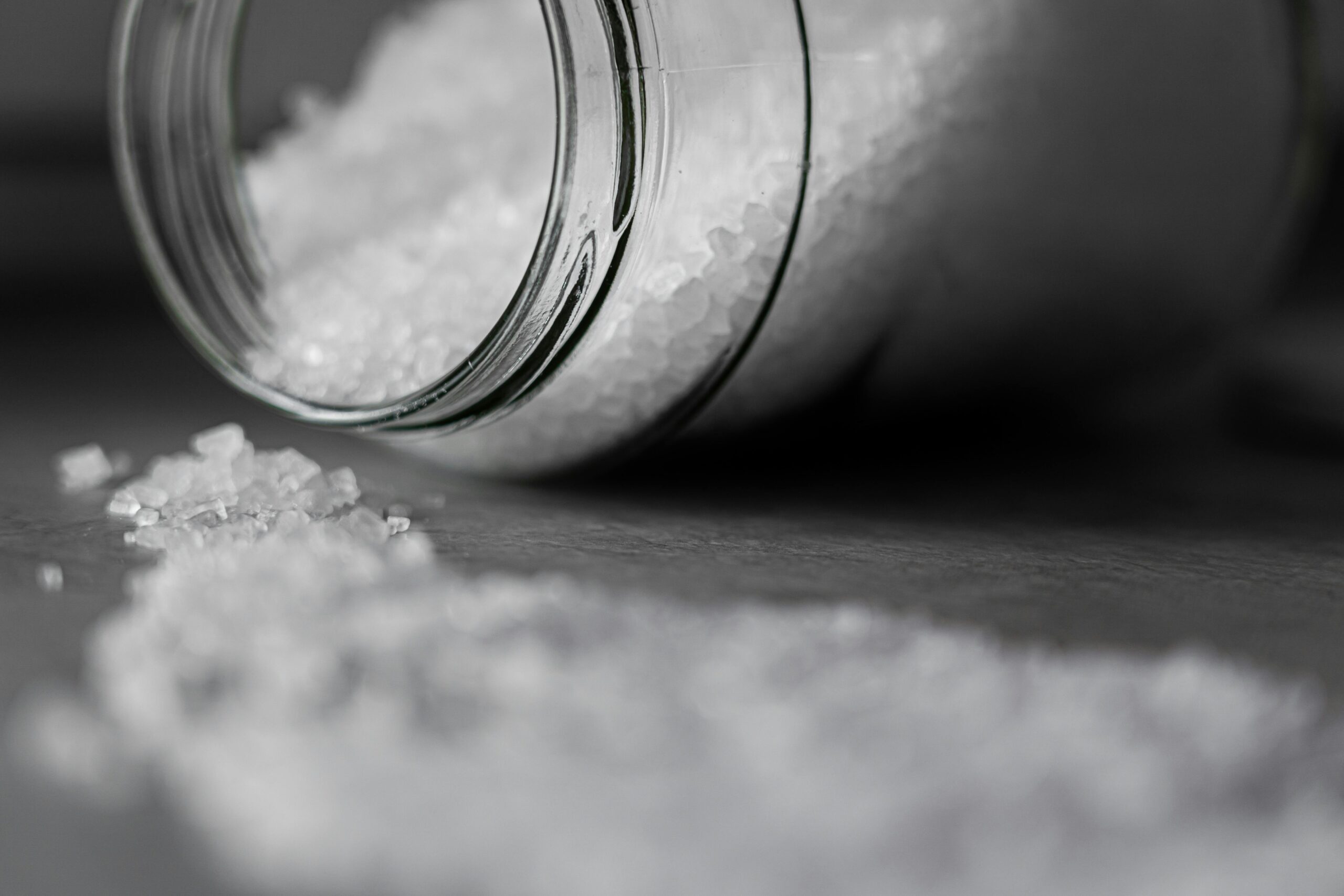The Importance of Sodium: Understanding the Impact on Sleep and Bone Health

The Impact of Sodium: Examining its Effects on Sleep and Bone Health (Image Credit : Pexels)
Dr. James DiNicolantonio raises a cautionary flag against blindly adopting a low-salt diet. While it’s commonly believed that cutting down on salt is universally beneficial, too little salt might actually do harm. Dr. DiNicolantonio, a cardiovascular health expert, highlights two significant concerns: the impact on sleep and bone strength.
- Sleep Disruption:
Dr. James DiNicolantonio, a renowned cardiovascular health expert, urges caution against blindly adopting low-salt diets. Contrary to popular belief, inadequate salt intake may disrupt the body’s delicate balance, potentially affecting the natural sleep-wake cycle. Research indicates that sodium levels influence stress hormones like cortisol and adrenaline, which can, in turn, disrupt sleep patterns. Furthermore, sodium plays a crucial role in regulating neurotransmitters involved in sleep, such as serotonin and orexin. Thus, insufficient salt intake may interfere with these neurotransmitters’ normal functioning, making it challenging to achieve deep, restorative sleep. - Impact on Bone Health:
Sodium, found in salt, is essential for calcium absorption and retention in bones. Low-sodium diets may disrupt calcium balance, increasing the risk of osteoporosis and fractures, particularly in postmenopausal women. When salt intake is insufficient, the body may resort to leaching calcium from bones to maintain necessary blood levels, ultimately weakening bone structure over time.

Recommended Guidelines:
The World Health Organization (WHO) advises a salt intake of less than 5 grams per day to prevent hypertension and cardiovascular diseases. However, individual needs vary based on factors such as age, health conditions, and lifestyle. It’s crucial to strike a balance, neither exceeding the recommended upper limit nor falling below the minimum threshold necessary for bodily functions. Regular medical consultation can help tailor these guidelines to individual health profiles.
Populations at Risk:
Some groups, like those with conditions causing salt loss, elderly individuals, and endurance athletes, might need to adjust their salt intake as per their requirements. Regular monitoring and consulting healthcare providers are vital to avoid dangerously low sodium levels (hyponatremia).
Tailored Approaches:
While low-salt diets may pose risks for the general population, they are often prescribed for patients with hypertension, heart failure, or kidney disease to manage symptoms and prevent disease progression. For these patients, alternatives like potassium chloride, herbs, and spices can enhance food flavor without increasing sodium intake. Additionally, maintaining a balanced intake of minerals like potassium and magnesium can help mitigate the health effects of reduced sodium consumption.
Conclusion:
Understanding the nuanced role of sodium in our health is crucial. While it’s commonly believed that reducing salt intake is universally beneficial, this isn’t always the case. Dr. DiNicolantonio’s insights shed light on the potential risks of inadequate sodium consumption, particularly concerning sleep quality and bone health. Achieving the right balance is key, with individual needs varying based on factors like age, health conditions, and lifestyle. Regular consultation with healthcare providers can help tailor dietary guidelines to ensure optimal health outcomes.
FAQs:
1. Is it true that low salt diets can affect sleep?
Yes, research suggests that inadequate salt intake may disrupt the body’s natural sleep-wake cycle by influencing stress hormones and neurotransmitters involved in sleep regulation.
2. How does sodium impact bone health?
Sodium is essential for calcium absorption and retention in bones. Low sodium diets may disrupt calcium balance, increasing the risk of osteoporosis and fractures, particularly in postmenopausal women.
3. What are the recommended guidelines for salt intake?
The World Health Organization recommends a salt intake of less than 5 grams per day to prevent hypertension and cardiovascular diseases. However, individual needs vary based on factors like age, health conditions, and lifestyle.
4. Who is more susceptible to adverse effects from low salt diets?
Individuals with salt-wasting conditions, older adults, endurance athletes, and those on certain medications may require adjustments to their salt intake to prevent abnormally low sodium levels.
5. Are there alternatives to high-sodium foods for patients on low salt diets?
Yes, alternatives like potassium chloride, herbs, and spices can enhance food flavor without increasing sodium intake. Additionally, maintaining a balanced intake of minerals like potassium and magnesium can help mitigate the health effects of reduced sodium consumption.